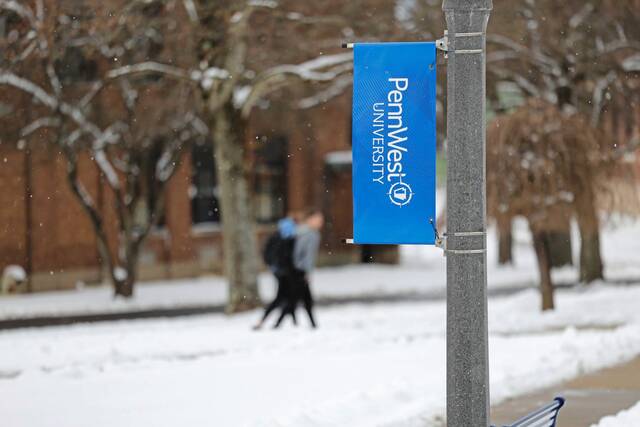Grandparent scams are on the rise once again, but this time, AI technology is involved, officials say.
AARP Pennsylvania warned residents about the resurgence and offered ways for older adults and their families to stay safe.
A “Grandparent Scam” usually begins with an urgent phone call from an imposter claiming to be a grandchild — or someone speaking on their behalf, insisting they’ve been in a car accident or jailed and need immediate financial assistance, according to the warning.
Callers may plead for secrecy, saying “please don’t tell mom or dad,” the AARP said.
But now, “Grandparent Scams” are being bolstered by artificial intelligence and voice-cloning technology, leading scammers to demand wire transfers, gift cards, or cash.
“Today’s criminals are using artificial intelligence to clone voices, making these calls sound astonishingly real,” said Mary Bach, AARP Pennsylvania volunteer and chair of the Consumer Issues Task Force. “They know how to exploit your emotions — and they’re getting better at it.”
Through social media or the dark web, scammers are able to find personal information and build believable stories, a warning issued on Wednesday said. They can even override caller ID so the call can appear legitimate.
The U.S. Department of Justice recently charged 25 people connected to a “Grandparent Scam” ring that defrauded people out of more than $21 million across 40 states, according to the AARP.
Older adults and their families in Pennsylvania should follow this advice, the warning said:
- Hang up immediately if you receive an urgent call from someone claiming to be a relative in trouble.
- Verify the story by calling your grandchild or other family members directly using a known number.
- Never share personal or financial information with someone you don’t know—even if they sound like family.
- Be wary of payment demands involving gift cards, wire transfers, cryptocurrency, or in-person cash pickups.
- Set a family code word to confirm identities in real emergencies.
Scams should be reported to local law enforcement, AARP said. AARP can be reached by calling 1-877-908-3360 or visiting its Pennsylvania Fraud Resource Page.
“Scammers count on emotion to override logic,” Bach said. “If you get a call that tugs at your heartstrings, pause, verify and think before you act.”








